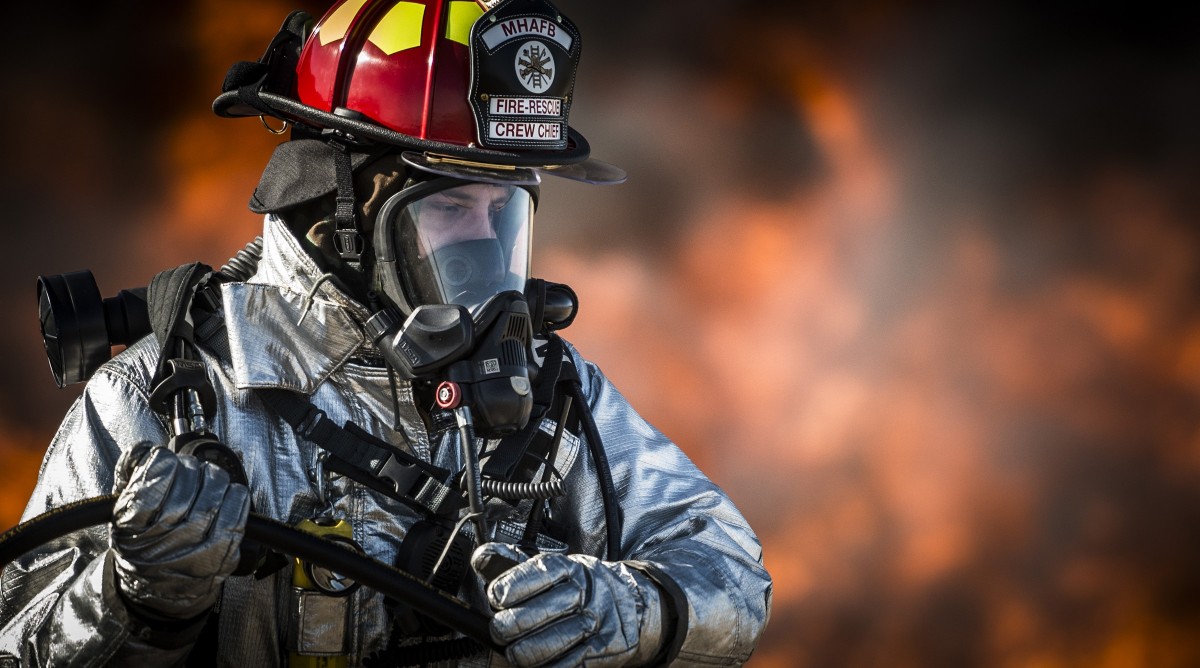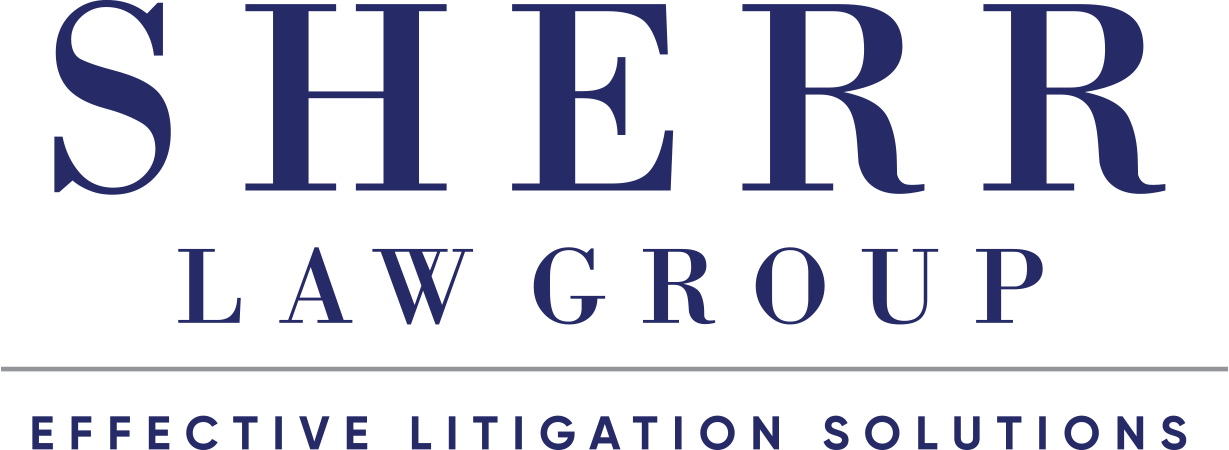The Pennsylvania Heart and Lung Act allow police officers, sheriffs, correctional employees, firefighters, drug enforcement agents, port authority police, and special agents of the Office of Attorney General to receive their complete regular salary, tax-free when they are injured while performing their duties. The law should reside in the knowledge of labor and worker’s compensation attorneys as it directly affects the way compensation can be received by workers in the wake of any on-duty injuries.
The Heart and Lung Act determines the compensation to municipal employees in law enforcement and fire personnel who are injured in the course of their duties. The Heart and Lung Act is affected by Pennsylvania state workers’ compensation laws, collective bargaining agreements, the Rehabilitation Act, and the Americans with Disabilities Act (ADA), as the benefits are related to temporary injuries. These benefits end when such injuries no longer prevent a worker from resuming their duties, or in some cases when the disability becomes categorized as permanent.

The Heart and Lung Act was enacted to help people who are temporarily incapacitated from performing their work duties and to ensure they receive compensation that is equal to their full salary. On the other hand, workers’ compensation is designed to compensate claimants for earnings loss occasioned by work-related injuries for up to two-thirds of lost wages. This applies to both temporary and permanent injuries.
Companies that pay worker’s compensation benefits are also obligated to pay Heart and Lung benefits — this means that a company can be simultaneously paying a worker for both. However, if a worker is receiving Heart and Lung benefits, then workers’ compensation payments are turned over to the employer. This means that a company essentially pays the difference between the two payments so that the worker can receive their full salary.
The interplay between the different statutes is complex, fact-specific, and requires careful analysis by trained, experienced counsel. The attorneys at Sherr Law Group have experience in handling Heart and Lung cases. Sherr Law Group’s lawyers are available to answer your questions. To schedule a no-cost initial consultation, call us at (484) 591-3000.



